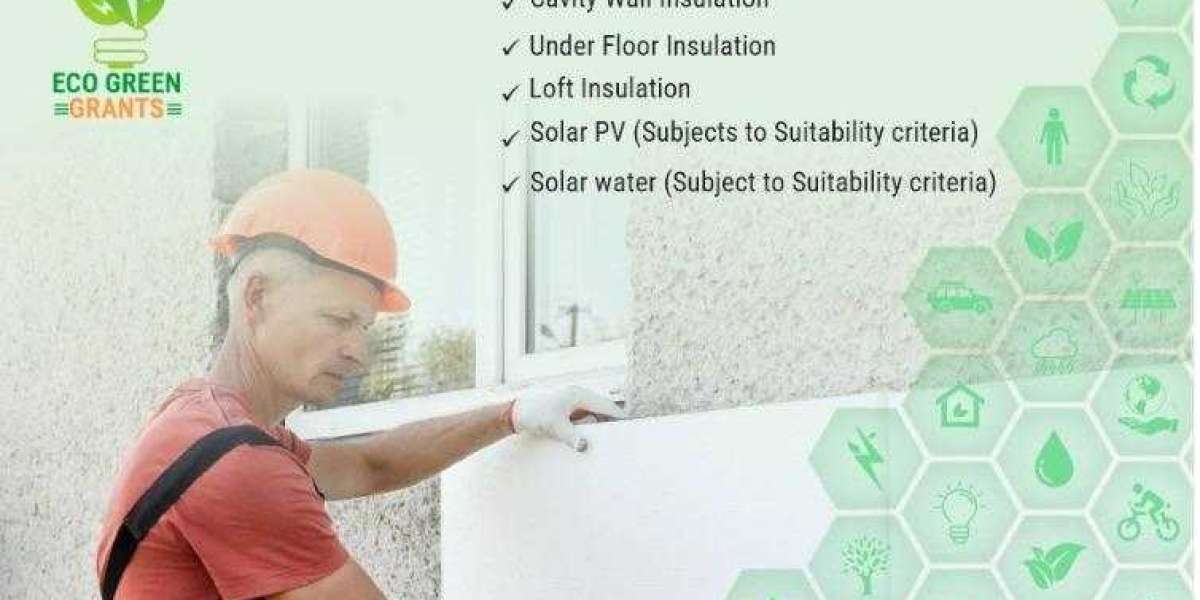In the modern era, the importance of living in an energy-efficient home has transcended beyond just saving on bills and reducing carbon footprints. It has increasingly become associated with significant psychological benefits, impacting the well-being and mental health of occupants. This article explores how adopting energy-efficient practices and enhancements in the UK, such as boiler replacement grants, renewable energy installation, and window and door upgrades, can lead to a healthier, more serene, and psychologically uplifting living environment.
Understanding the Psychological Impact
The link between our living environment and our mental health is profound. A home that is cold, damp, or poorly lit can contribute to a range of psychological issues, including increased stress, anxiety, and depression. In contrast, living in a warm, well-lit, and energy-efficient home can enhance comfort, provide a sense of security, and promote a positive mental state. The move towards energy efficiency in the UK, supported by initiatives like Free Energy Efficiency Programs, not only aligns with global sustainability goals but also promotes a healthier living space that positively affects occupants' mental well-being.
The Role of Boiler Replacement Grants and Renewable Energy Installation
One of the first steps towards enhancing the energy efficiency of a home is upgrading to a modern heating system or incorporating renewable energy sources. Boiler replacement grants in the UK have made it more accessible for homeowners to replace old, inefficient boilers with newer, more energy-efficient models. This transition not only reduces energy consumption and costs but also ensures a consistent and comfortable home temperature, contributing to a serene and stress-free environment.
Similarly, the installation of renewable energy solutions, such as solar panels, can lead to a significant reduction in energy bills and provide a constant, renewable source of power. The psychological impact of this is twofold: it reduces financial stress related to energy costs and instills a sense of pride and accomplishment in contributing to environmental sustainability. The resultant effect is an overall improvement in mental well-being and life satisfaction.
Enhancing Comfort with Window and Door Upgrades
Another critical aspect of energy efficiency is the upgrading of windows and doors. This not only prevents heat loss and reduces energy consumption but also significantly improves the comfort and ambiance of a home. High-quality, energy-efficient windows and doors can eliminate drafts, reduce outside noise levels, and improve the overall aesthetic of a home. This leads to enhanced mood, reduced stress levels, and improved sleep quality, all of which are crucial for mental health and well-being.
The Importance of Home Insulation Upgrades
Home insulation is another essential factor in creating an energy-efficient and psychologically beneficial living space. Proper insulation helps maintain a comfortable indoor temperature year-round, contributing to a stable and comforting environment. Upgrading home insulation can mitigate the risks associated with extreme temperatures, such as heat stress or cold-induced discomfort, which can negatively impact mental health. Moreover, the quiet and comfort provided by a well-insulated home create an ideal environment for relaxation and stress relief.
Support Through Grant Application Assistance
Navigating the process of making energy-efficient upgrades can be overwhelming for many homeowners. However, grant application assistance services have emerged to simplify this process, providing essential support in obtaining financial aid for energy efficiency improvements. This assistance alleviates the stress and anxiety associated with the financial costs of upgrades and the complexity of the application processes. Knowing that there is support available can provide homeowners with peace of mind and confidence in their journey towards a more energy-efficient and mentally comforting home environment.
Conclusion
The psychological benefits of living in an energy-efficient home are clear and impactful. From reducing stress and anxiety to promoting comfort and well-being, the mental health advantages complement the physical and environmental benefits of energy efficiency. Initiatives like boiler replacement grants, renewable energy installation, and home insulation upgrades, supported by services such as Free Energy Efficiency Programs, are not only transforming homes in the UK but also enhancing the quality of life for their inhabitants. As more individuals recognize and embrace these benefits, the movement towards energy-efficient living will continue to grow, fostering a healthier, happier, and more sustainable future for all.
For more information on Free Energy Efficiency Programs and how to apply, visit EcogreenGrants.org.uk.








